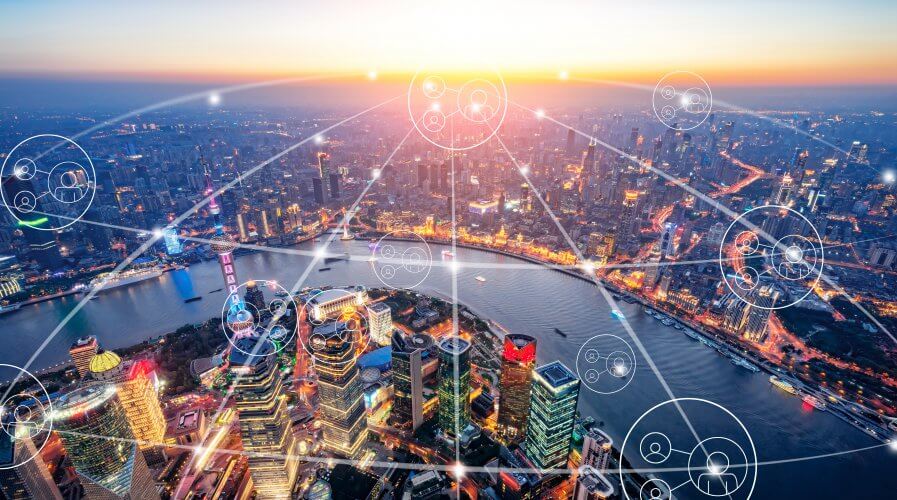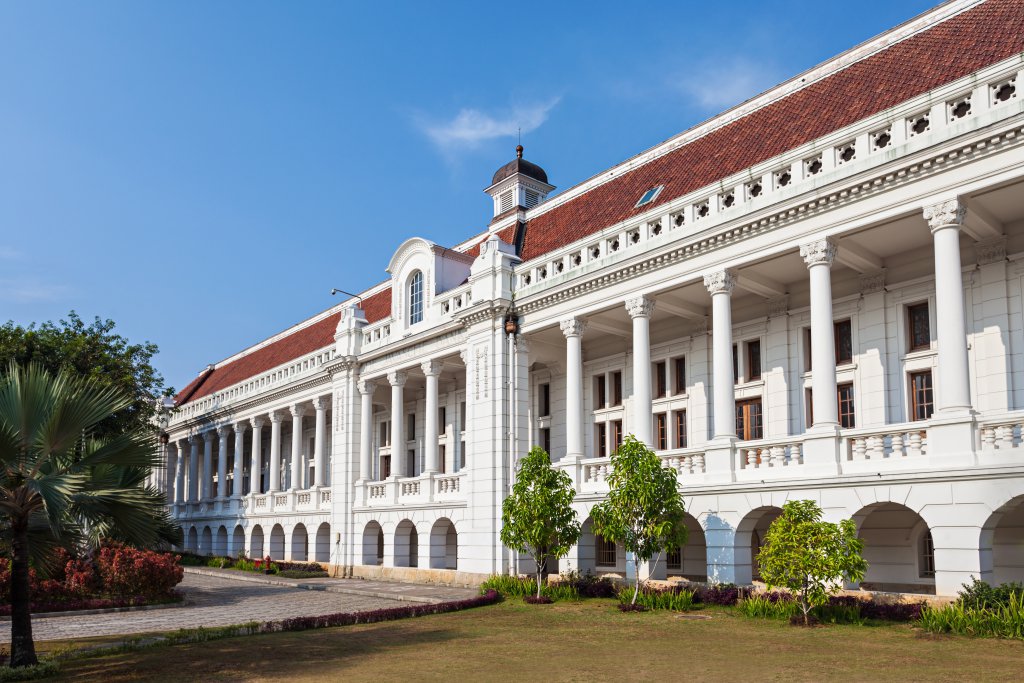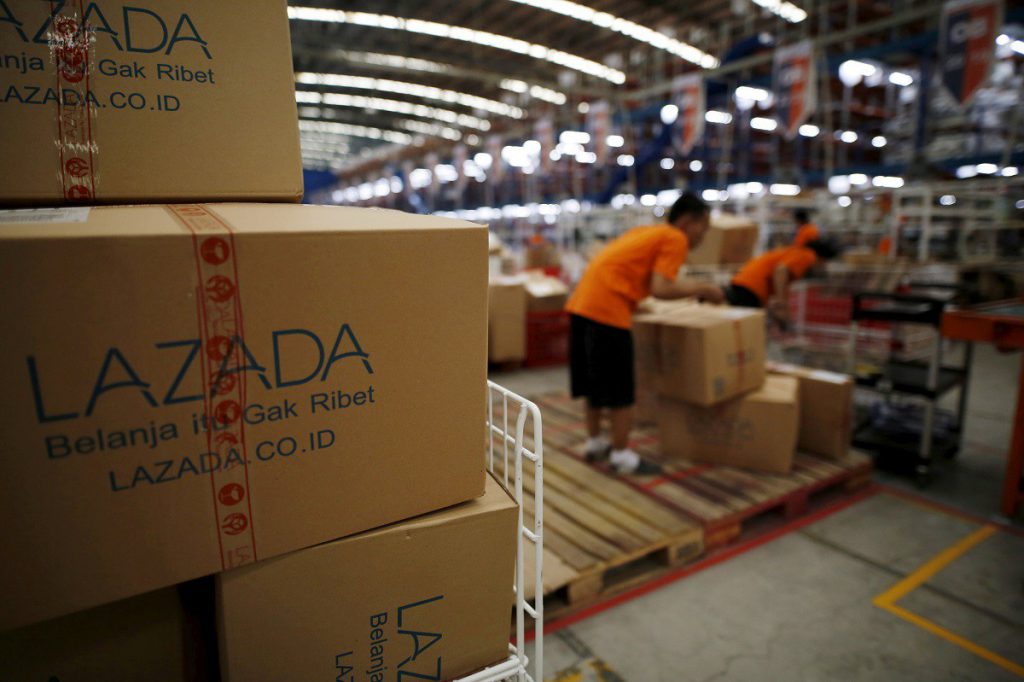
AI to be a US$366b industry in Indonesia by 2030Source: Shutterstock
Big data is plugging information gaps for Bank Indonesia
INDONESIA’S CENTRAL BANK is adopting innovative data sources and technologies to boost the effectiveness and accuracy of their financial policymaking.
Indonesia’s super social community has plenty of data that could be highly valuable for the nation’s highest financial institution, Bank Indonesia. According to a report by Bloomberg, the institution is harnessing the power of big data to pull information about consumer sentiment, spending and retail atmospheres in order to react more effectively to subtle market changes.
The central bank is building up an infrastructure of data sources that includes information from job portals, social media feeds, and Internet searches in order to really tap into what is concerning the populace. While the government does have existing statistics and data resources, government agencies are now supplementing such frameworks with information extracted from all over the web.
“Every central bank is talking about the digital economy: how we measure it and how it will have an impact on our policy,” said Yati Kurniati, the head of Bank Indonesia’s statistics department, in an interview with Bloomberg. Kurniati entered office in March.
“The machines can screen very large amounts of information,” she said, although “we still have to use our own eyes to make sure the context is appropriate.”

Social media is a key way the central bank measures on-the-ground consumer sentiment. Source: Shutterstock
By doing so, Indonesia is helping to bridge the gap between estimates made off of official numbers the government already has, and the actual situation on the ground. For instance, the central bank has been scraping data from online housing sources on the secondary property market in order to get a fuller, more detailed picture of the current state of the economy.
This is a form of “metadata” exploration, where secondary information gives more insights into existing data sets, and in some ways this extra data is helping to plug the inevitable gaps that crop up. This is probably even more important in Indonesia, an archipelago of more than 17,000 islands that is home to 260 million people in locations with varying levels of Internet penetration.

Bank Indonesia is working on pulling data from unconventional sources. Source: Shutterstock
The patchy information map of Indonesia makes it challenging for the central bank to get a clear idea of the economic health of various demographics, but they’ve turned to the Internet to solve those challenges. Indonesia has had some of the most explosive growth in Internet and social media use, especially as the country’s population gets younger. This new generation is shying away from (largely inefficient) traditional government processes, and are instead leaning into digital options.
“Big data cannot solve all the problems,” Kurniati said, adding that official government statistics frameworks are still key.
“It helps to provide information more rapidly and it fills a data gap.”
A big win for the bank is that the new data streams are helping them make better policy – for instance, Bloomberg reported that central bank’s interest rate unit consulted social media, news sites, blogs and various online content to take the temperature of the public before setting any new policies.
Another example has to do with President Joko Widodo’s government’s aggressive moves to relax monetary policies – despite efforts to boost spending, consumer sentiment remains low. Through analyses of social media and e-commerce data, the government is able to more effectively measure consumer patterns and the health of the labor market, which then directly feeds into better policy.

Huge e-commerce companies such as Lazada and Tokopedia are feeding the government e-commerce data. Pic: Reuters
The central bank is receiving their information from a variety of sources – like many other countries, Internet of Things (IoT) frameworks are a key resource. IoT data frameworks rely on information streamed in from everyday, connected devices such as climate control, coffee makers, and even light switches. Though Kurniati wasn’t specific, she told Bloomberg that large e-commerce companies are feeding the government plenty of data on commercial sentiments.
E-commerce is becoming a significant source of retail, with more than IDR17.8 trillion (US$1.3 billion) spent online in 2016. Already, 2017 is seeing around IDR13.8 trillion (US$1.02 billion) spent between January and August this year.
That all being said, Indonesia will still have to contend with a relatively weak Internet ecosystem. Only 51 percent of the country has any access to the Internet – the quality is hard to pinpoint, but all evidence shows that it’s relatively weak – but there are already estimates that suppliers will rise to meet the high demand in the country.
“Over time they will be able to refine it and make it more accurate, which of course, will help them with their decisions,” said. Charu Chanana, an economist at Continuum Economics in Singapore to Bloomberg.
“When you know the exact regions or the exact sectors that are not responding to government measures then you can dig down into those” and seek a targeted solution, she said.
READ MORE
- Ethical AI: The renewed importance of safeguarding data and customer privacy in Generative AI applications
- How Japan balances AI-driven opportunities with cybersecurity needs
- Deploying SASE: Benchmarking your approach
- Insurance everywhere all at once: the digital transformation of the APAC insurance industry
- Google parent Alphabet eyes HubSpot: A potential acquisition shaping the future of CRM






